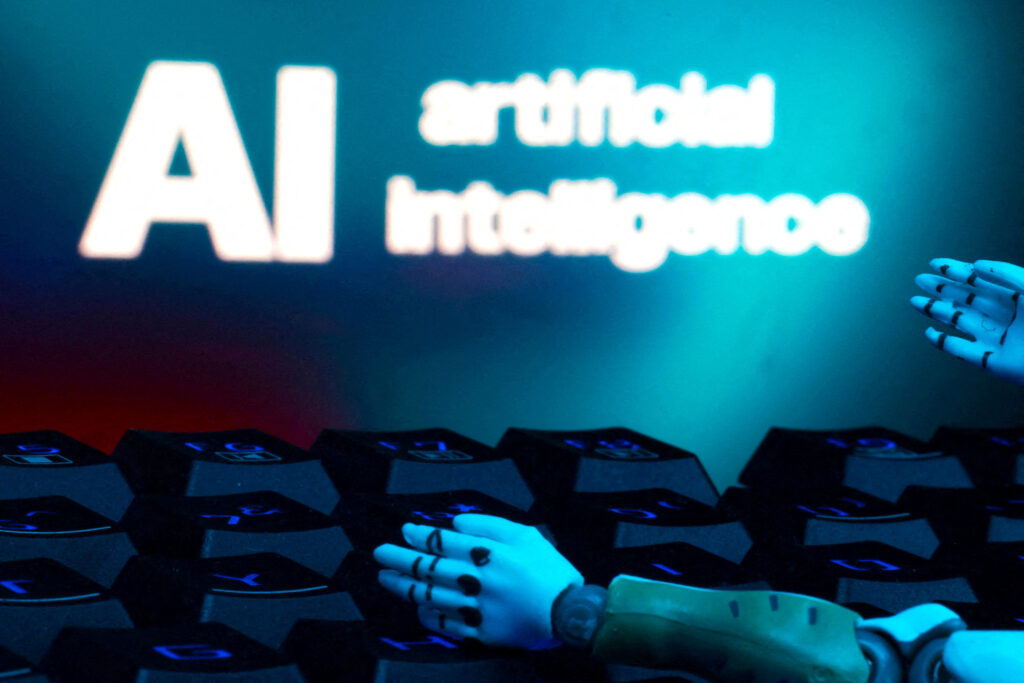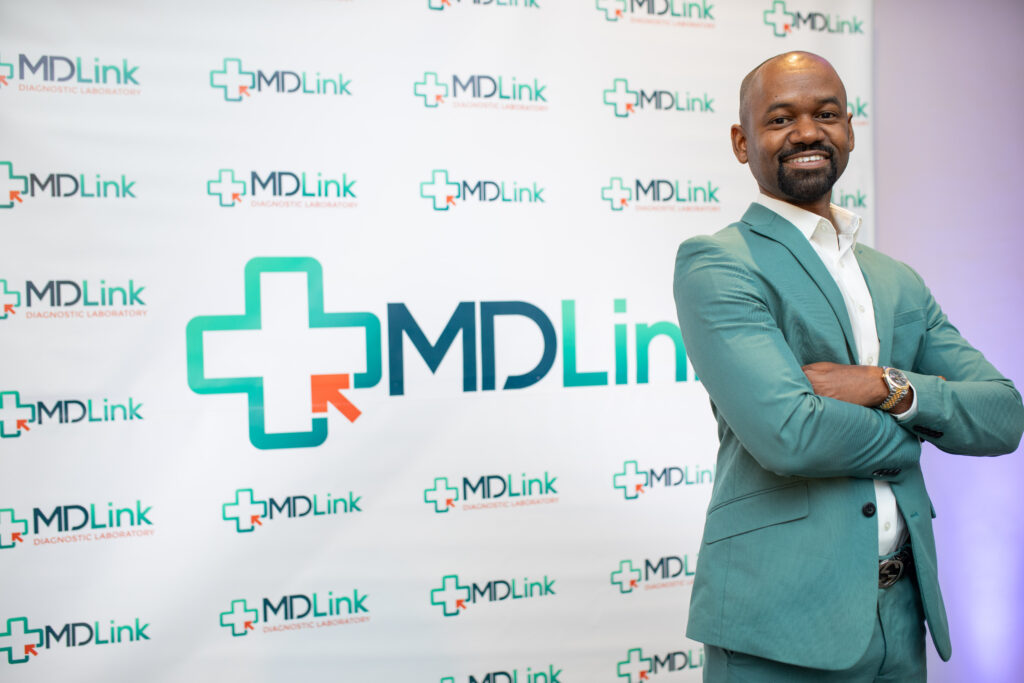

By Dr Ché Bowen
Not long ago, getting a medical test meant taking time off work, waiting in long lines, and then sitting through days of silence before your results returned. Even then, understanding those results often felt like decoding a foreign language. But that’s changing fast, thanks to artificial intelligence (AI).
AI isn’t just the buzzword of the moment. It’s transforming the global healthcare landscape, and yes, it’s reaching Jamaica.
The rise of AI in diagnostics
Globally, AI is now being used to read blood tests, pathology slides, and even predict cancer risk with astonishing speed and accuracy. The latest model from OpenAI, ChatGPT-5, has taken things to a new level. It doesn’t just respond to questions. You can now upload your lab results, and the AI can provide medical insight instantly.
This is not science fiction. In a 2023 Nature report, AI outperformed radiologists in detecting early-stage breast cancer. At Harvard Medical School, researchers used AI to identify diabetic retinopathy with over 90 per cent accuracy. These aren’t theoretical pilots. These are working tools already deployed in clinics, labs, and hospitals around the world.
Why it matters in the Caribbean
In Jamaica and much of the Caribbean, we face a dual burden: rising chronic disease rates and a shortage of specialist doctors. AI bridges that gap.
At MDLink, we’re actively working to integrate AI tools into our health system. Imagine this: you get your blood test done, upload your results to a secure platform, and within minutes, AI gives you a plain-English explanation of your findings, whether it’s elevated liver enzymes, abnormal thyroid levels, or signs of prediabetes. From there, your doctor steps in to confirm, guide, and treat.

This hybrid approach doesn’t replace doctors. It enhances their ability to act quickly and accurately. And for patients, it means shorter wait times, fewer errors, and greater clarity about persons’ health.
Faster, safer, smarter labs
For laboratories, AI integration isn’t just a trend; it’s a competitive advantage.
- Results are processed faster
- Errors from manual interpretation are reduced
- Reports are standardised, and
- Record-keeping becomes more audit-friendly
This has major implications for medical tourism, insurance partnerships, and regional lab accreditation.
A smarter, healthier Jamaica
Right now, too many Jamaicans wait until symptoms appear before seeking help. By then, it’s often late and costly. AI allows earlier detection, faster triage, and a new level of personal health monitoring that doesn’t depend on where you live or how fast you can get an appointment.
This is where the Caribbean must lean in. Countries like Barbados, Trinidad, and even Saint Lucia are beginning to modernise their diagnostic infrastructure. Jamaica can lead, not lag, especially as the Ministry of Health & Wellness ramps up its digital health agenda.
What’s next?

A future where booking a lab test is as easy as ordering a taxi, uploading results triggers real-time AI insight, doctors get decision support to act faster, and patients take control of their health, not just react to illness.
This isn’t far off. At MDLink, we’re already testing this model. The results? Faster diagnoses. Happier patients. And doctors who can focus more on care, not paperwork.
Artificial intelligence in healthcare isn’t about replacing people, it’s about amplifying our power to heal. It’s a silent revolution already underway in the world’s best hospitals. And if we act now, Jamaica can be among the first in the region to make smart diagnostics the new standard. Let’s not wait for the future to come to us. Let’s build it, right here at home.
Dr Ché Bowen is a medical doctor, digital health entrepreneur/ consultant, and CEO of MDLink Group Limited. Send comments and feedback to [email protected] and [email protected].







Comments